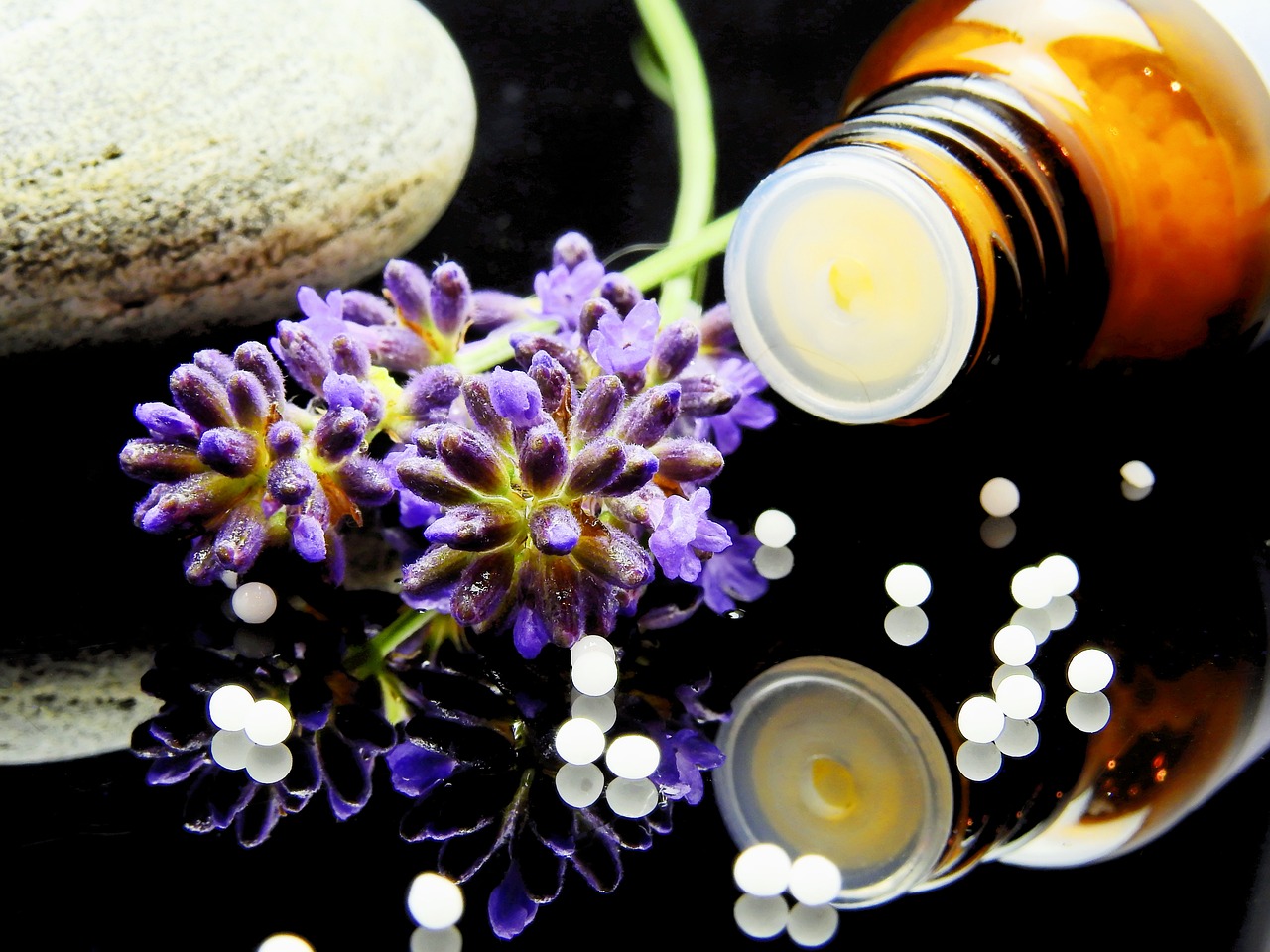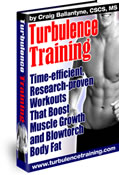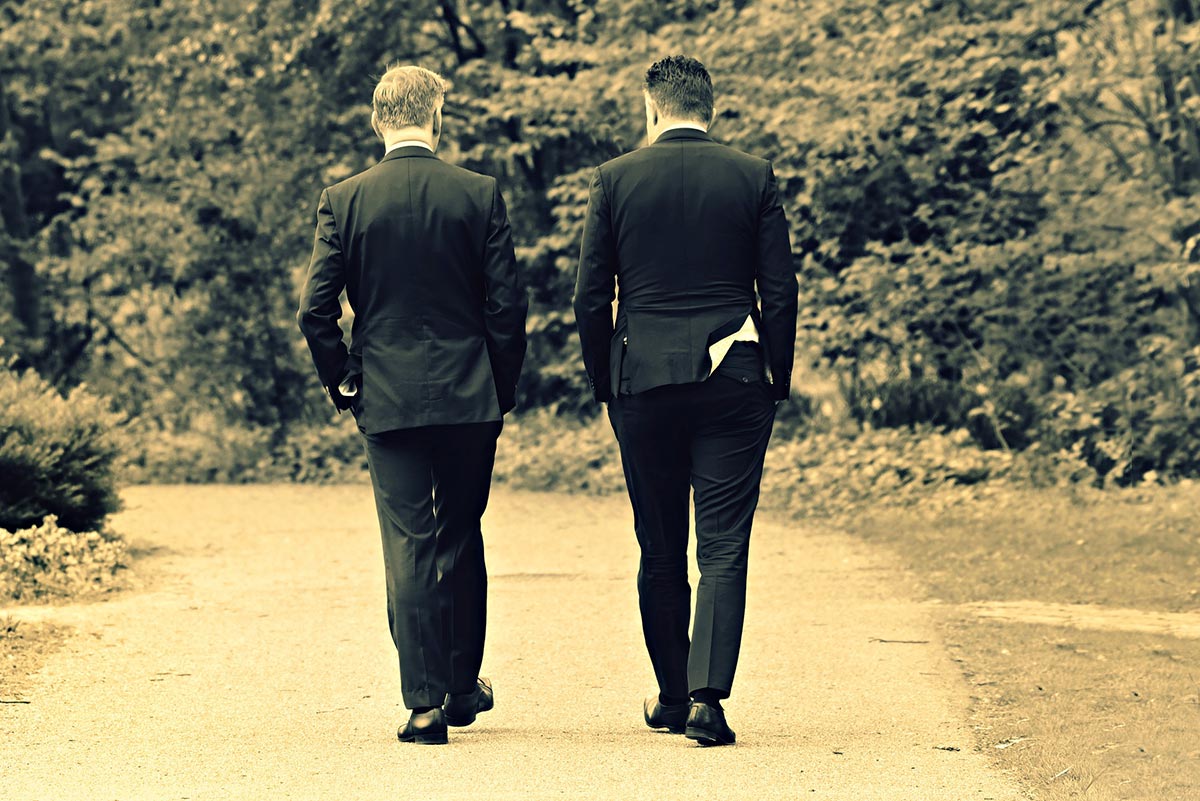Let’s dive straight into it—homeopathy, the miracle cure for everything and nothing at the same time! The grand spectacle of diluting substances until there’s practically nothing left and then charging people for, well, water. Isn’t it amazing? It’s like the magician of the medical world—poof! Your headache is gone, except it was never really there to begin with. But hey, it’s not about whether it works; it’s about the belief that it works, right? And who needs actual molecules of medicine when you can have the memory of one?
The Science of... Something?
Now, let’s talk about the science behind homeopathy. Or should I say, the “science.” Homeopathy operates on the principle of "like cures like," meaning if you’re suffering from hay fever, the cure lies in something that would cause hay fever—if it weren’t diluted into oblivion first. Take that, logic! The active ingredient is mixed into water and then shaken, not stirred, because apparently, James Bond moonlights as a homeopathic pharmacist. The end result? A solution so diluted, it’s like searching for a needle in a haystack, except the needle never existed in the first place.
But wait, it gets better. Advocates claim that water has a memory. Yes, water is out here remembering the molecule of arsenic it met a few dilutions ago, but conveniently forgets all the other substances it’s encountered—like sewage, chlorine, or your bathtub. This selective memory is why homeopathy is truly a marvel. Water: the elephant of the molecular world! My Journey in homeopathy - a crital look!
Placebo or Panacea?
Now, I can hear some of you saying, “But it works for me!” And to that, I say, yes, it probably does. But let’s give credit where it’s due—to the placebo effect. The placebo effect is like that friend who convinces you to try kale smoothies: it’s all in your head, but somehow, you feel better. The mind is a powerful thing, and if believing that a sugar pill can cure your cold helps, then who am I to argue? It’s like a psychological magic trick—voilà, your symptoms are gone! For a while, at least.
Let’s not forget the power of time. Most ailments, like colds or minor aches, are self-limiting, meaning they go away on their own. So when someone tells you their homeopathic flu drops worked, what they really mean is that their immune system did all the heavy lifting. Homeopathy just stood there, waving pompoms and taking credit like an overzealous cheerleader.
The Danger Zone
But let’s get serious for a moment. While homeopathy might seem harmless, relying on it for serious conditions is where things get dicey. Telling someone with cancer to forego chemotherapy for sugar pills is not just irresponsible; it’s downright dangerous. And yet, there are people who swear by it. “Why poison your body with chemicals?” they say, as if chemotherapy is the villain and sugar water is the hero swooping in to save the day. Spoiler alert: it’s not.
For athletes and fitness enthusiasts, the stakes are even higher. Imagine putting your trust in homeopathy to treat a torn ligament or chronic inflammation. The only thing it’s likely to cure is your wallet’s weight problem. Sports injuries require real interventions—physiotherapy, proper medication, and rest. Homeopathy? That’s just hoping your Achilles tendon will heal itself because you drank some magical memory water.
The Industry of Belief
And let’s not forget the industry behind it all. Homeopathy is a multi-billion-dollar business. That’s right, people are paying top dollar for something that’s essentially sugar and water. But hey, slap the words "natural" and "holistic" on anything, and suddenly it’s a health revolution. It’s genius, really. Who needs expensive research and development when you can sell hope in a bottle?
But don’t just take my word for it—ask the FDA. Homeopathic remedies are not subject to the same rigorous testing as conventional medicines. This means you could be paying for a product that hasn’t been proven to work in any scientifically meaningful way. It’s like buying a car without an engine and being told it runs on the power of belief.
A Dose of Reality
So, where does that leave us? If you enjoy homeopathy as a form of complementary medicine, by all means, go ahead. Just don’t let it replace real medical care. Think of it as the garnish on your healthcare plate, not the main course. And remember, if something sounds too good to be true, it probably is. Miracles are great for fairy tales, but when it comes to your health, stick to facts over fantasies.
In the end, the best medicine is often a combination of science, lifestyle changes, and yes, a little bit of humor. So laugh at the absurdities, question the claims, and always read the fine print. After all, when it comes to your health, you deserve more than just the memory of a cure.













